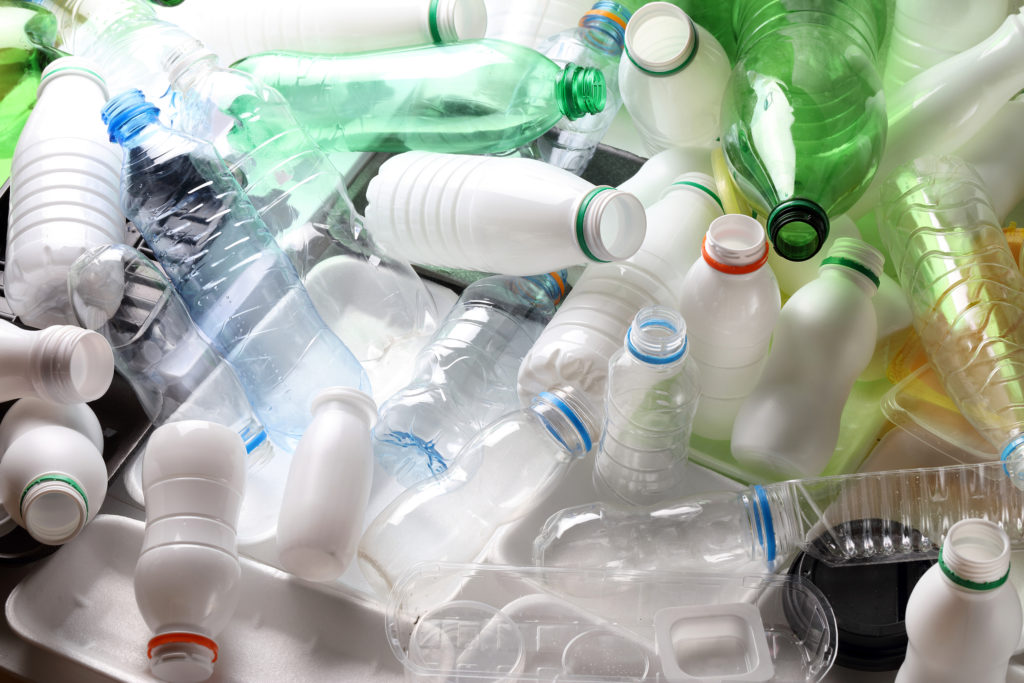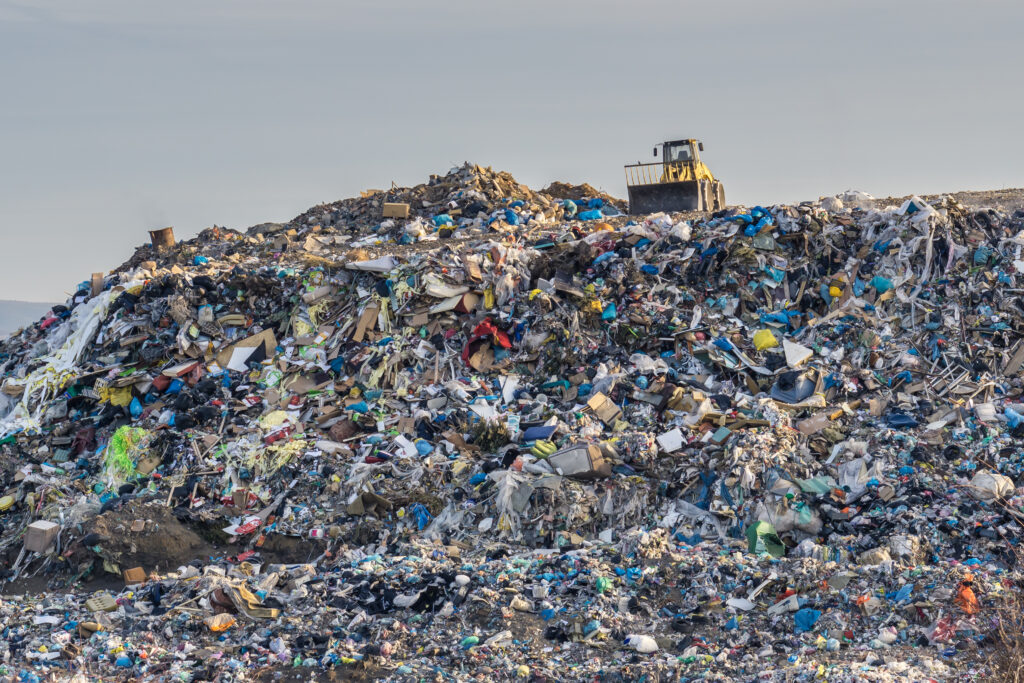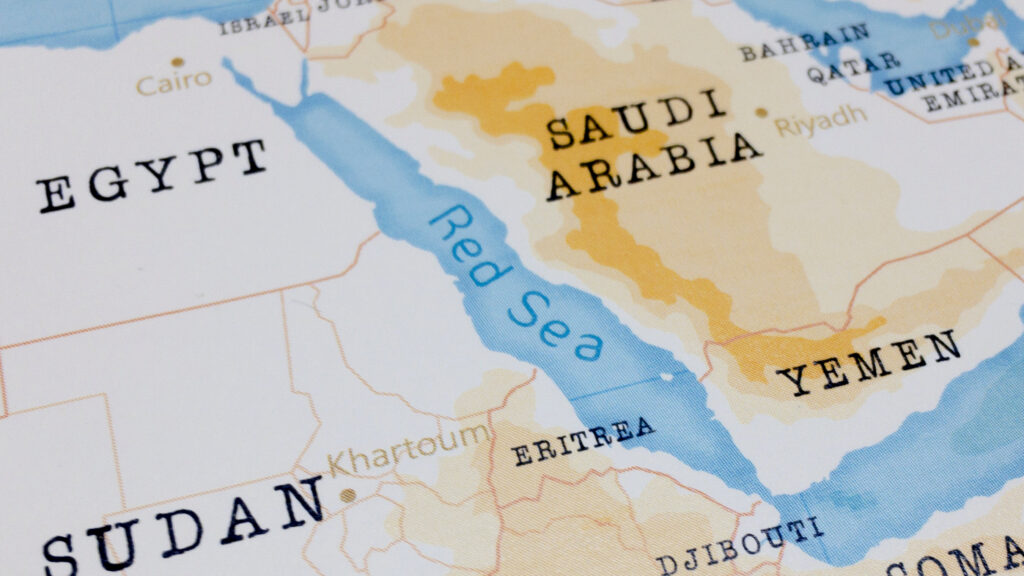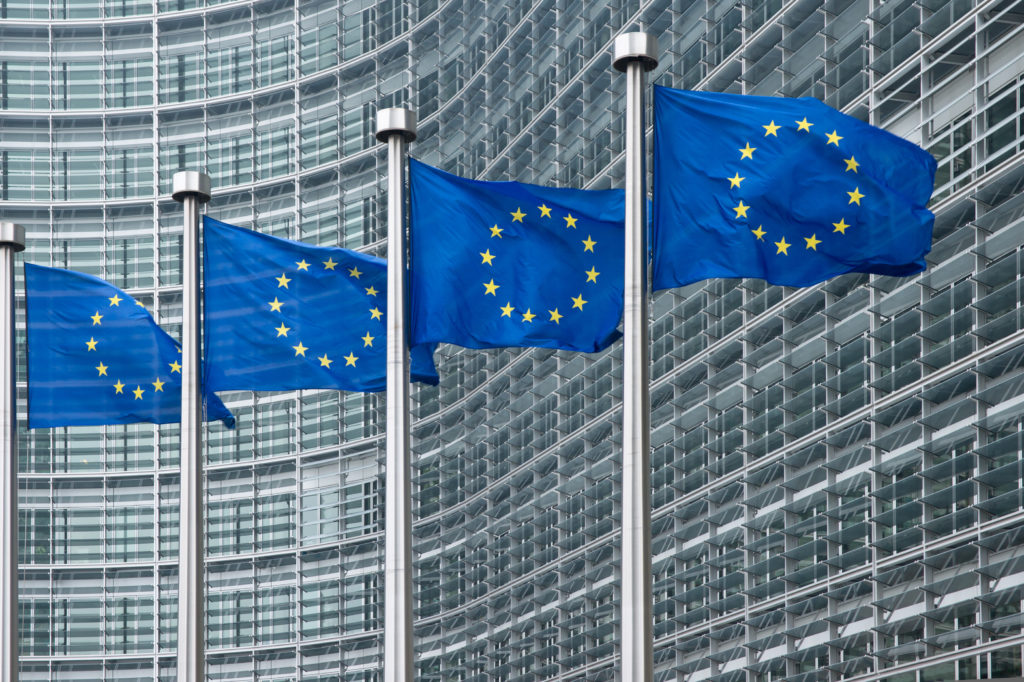The association said that the shortage of material was “unexpected” as the EU has been registering a decline in waste exports over the past few years. Influenced by the Chinese ban and stricter regulations set out by the Basel Convention, the exported waste fell from 3Mt in 2014 to 1Mt in 2021.
Investment
This was coupled with upscaling facilities, resulting in 60% growth in four years. The plastic recycling industry invested €1.5bn (£1.3bn) into recycling capacities in 2020, which added 1.1Mt of installed capacity compared to the previous year. The investment since 2017 came up to a total of €4.9bn (£4.25bn).
Despite the development and regardless of the growing price of recycled materials, recyclers report receiving “no substantial additional quantities of waste”.
Ton Emans, president of PRE, said: “This situation could slow down the transition towards a full plastic circularity.” He continued that even despite the “massive investments” into plastic recycling capacities on the continent, without stable, high-quality input materials the industry might struggle to reach the recycling targets.
“Robust sorting and collection infrastructure is a must to increase stable feedstocks for European recyclers,’’ he added.
Collection
Europe currently collects a total of 30Mt of waste from various streams, with 9Mt of plastic waste collected for sorting. With the remainder either incinerated or landfilled, “increasing the collection destined for recycling remains one of the key measures.”
PRE also pointed out that the statistics demonstrate a 20Mt gap in the amount of waste that is generated versus what is put on the market.
The association called for transparent reporting on waste generation, collection and sorting, so that missed quantities can be identified and recycled.











Subscribe for free